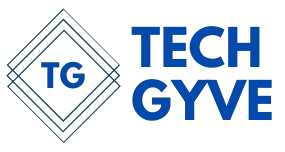ASML, the world leader in lithographic equipment, has complied with the latest Dutch government export restrictions, even as its CEO made bold statements regarding the impact of U.S. influence. The new regulations now include two additional models of lithographic scanners on the controlled export list, further tightening access to advanced chipmaking technology for unfriendly countries, particularly China.

ASML has long been affected by the restrictions, which initially focused on extreme ultraviolet (EUV) systems. Since the 2019 export ban, not a single EUV system has made its way to China. However, more attention has recently turned to ASML’s deep ultraviolet (DUV) lithography systems, which can still produce advanced chips at 5nm and 7nm processes. American regulators pushed for restrictions on ASML’s Twinscan NXT:1970i and NXT:1980i models, citing U.S.-developed components in the equipment, and have now found alignment with Dutch authorities.
With the new regulations coming into effect today, companies wishing to sell these DUV systems to China must now secure export licenses from the Netherlands, not the U.S. Despite the changes, ASML does not expect this to impact its revenue forecast for 2024, indicating a relatively smooth transition for the company.
Dutch Minister for Foreign Trade, Reinette Klever, stressed the security risks tied to exporting advanced technologies in the current geopolitical climate. “The Netherlands holds a unique position in the global chipmaking supply chain, and with that comes responsibility,” Klever said. The move, she explained, aims to be measured and balanced, ensuring it won’t cause disruptions to global semiconductor trade.
In a time of increasing tech tensions, ASML’s navigation of complex export rules shows how pivotal chip technology has become in the geopolitical arena.
Source: CNBC
